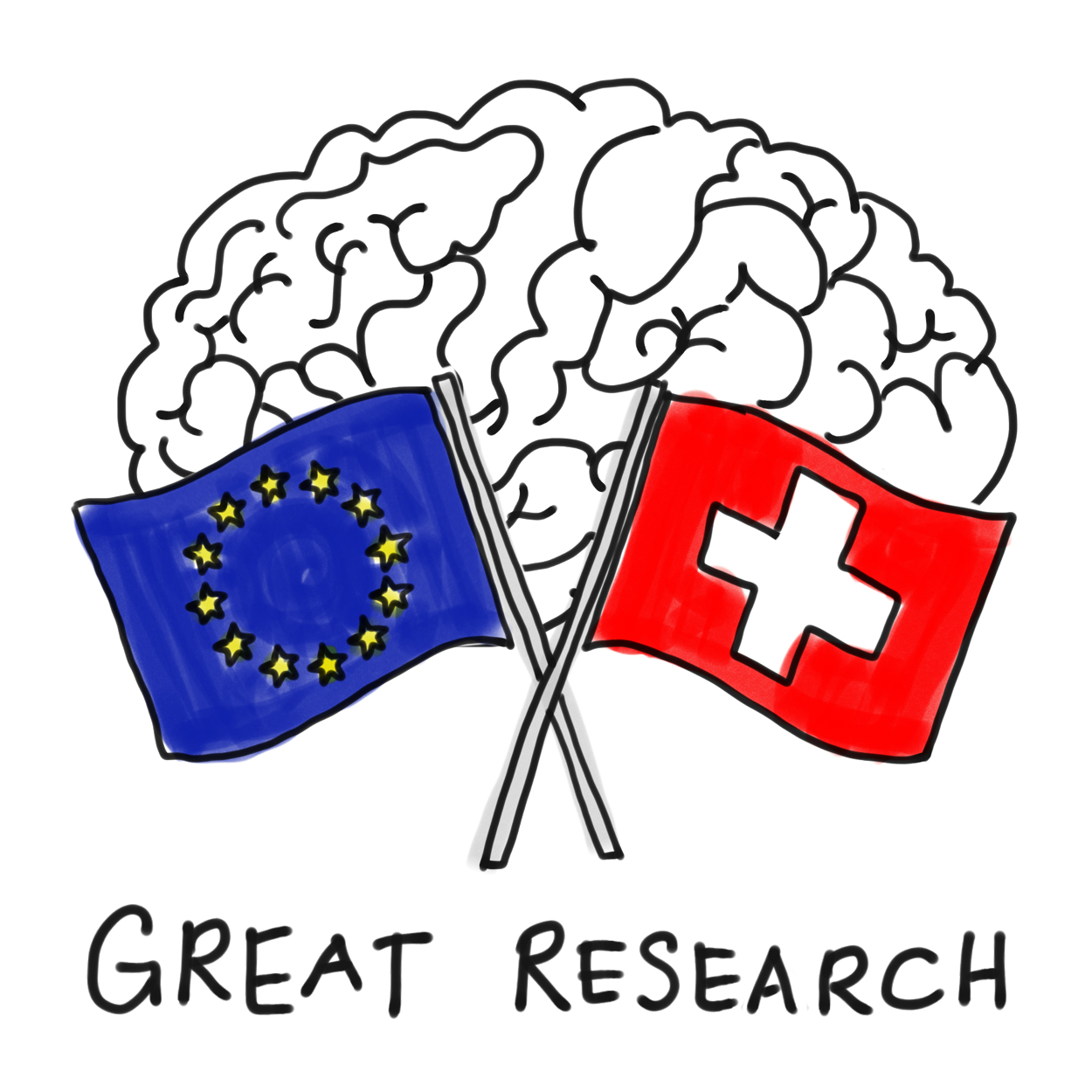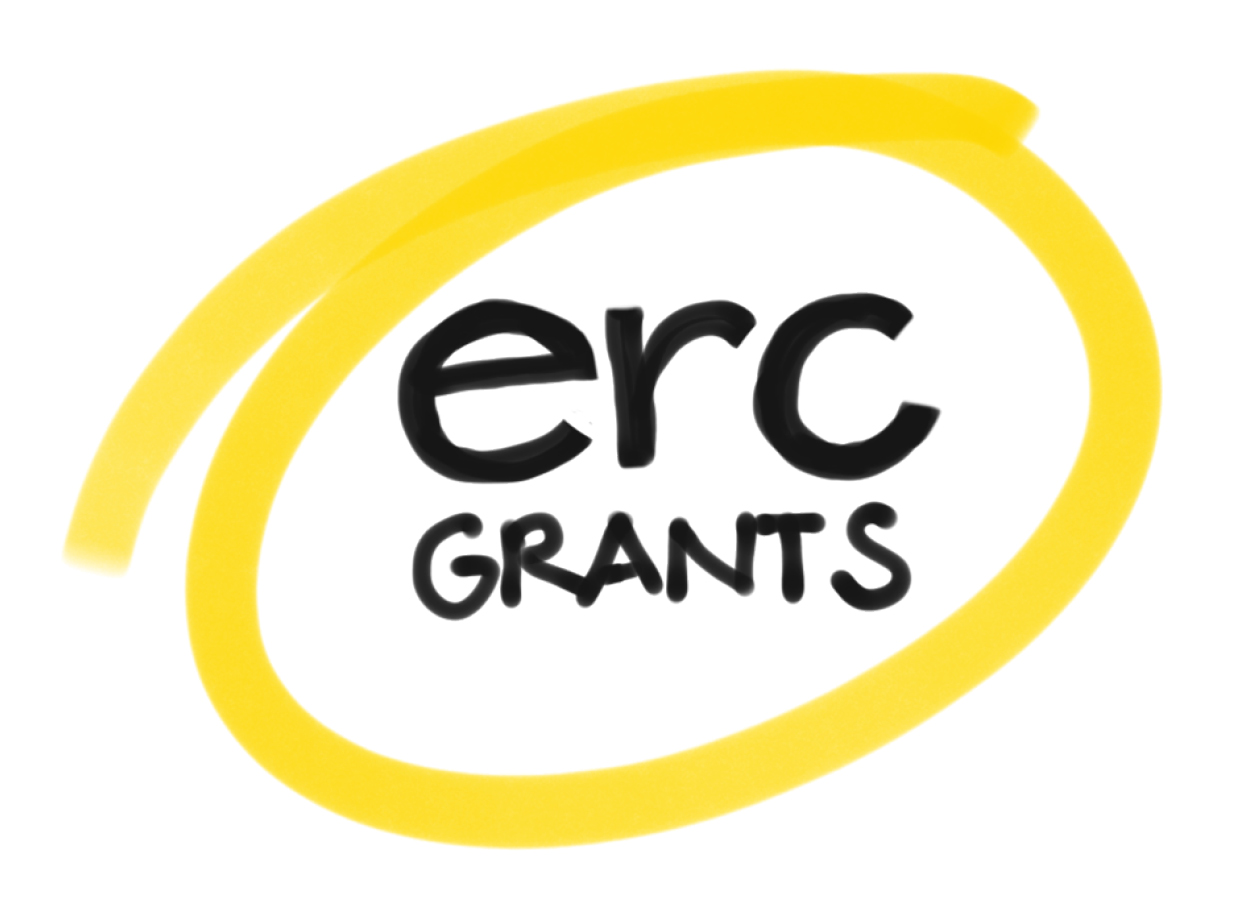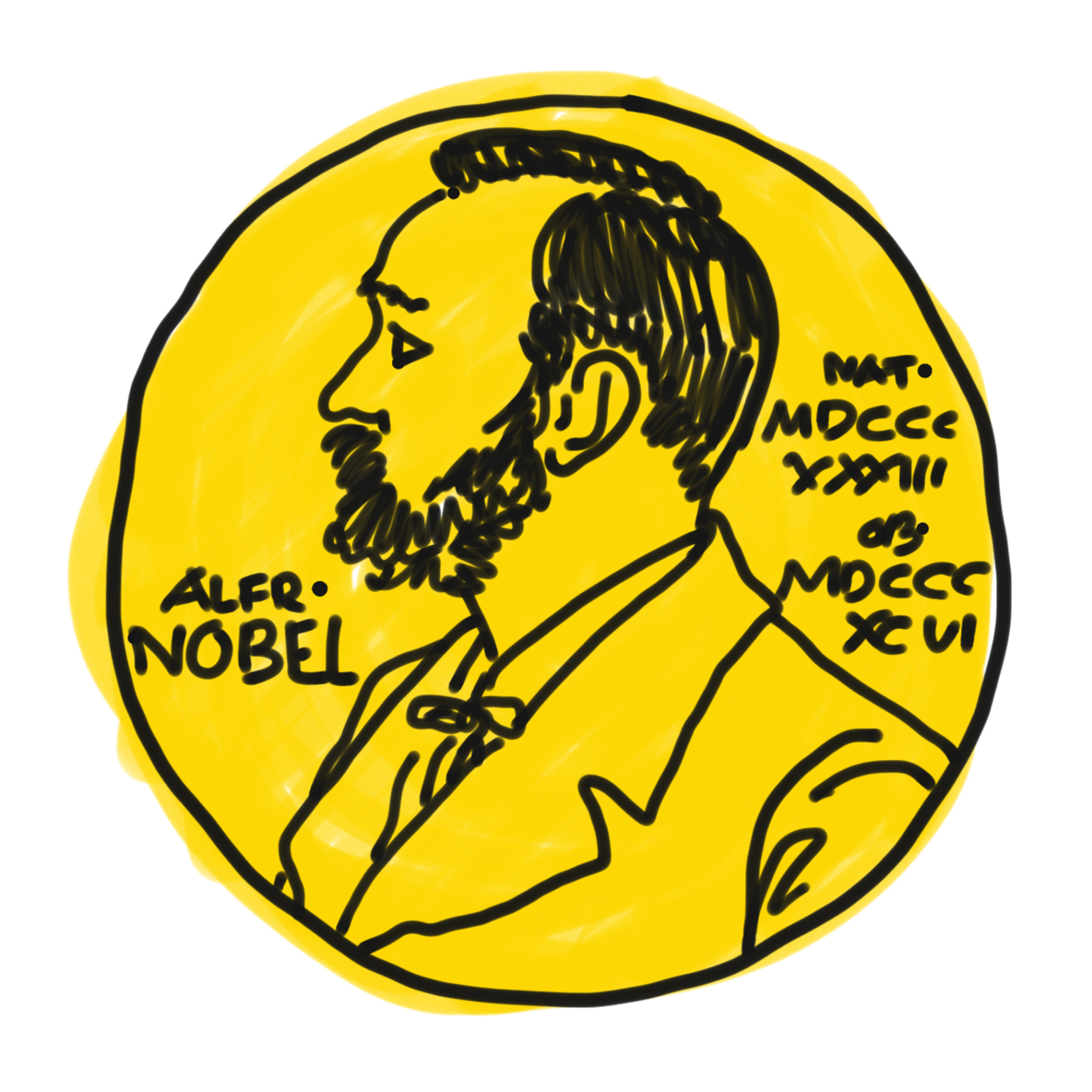Academic Excellence & Close Ties to Research
Swiss universities, universities of applied sciences and arts, and universities of teacher education strive for academic  excellence. They fare well in conducting top-notch research and in acquiring competition-based funding. But how does that reflect on students’ day-to-day experiences?
excellence. They fare well in conducting top-notch research and in acquiring competition-based funding. But how does that reflect on students’ day-to-day experiences?
Academic excellence and its reflection on day-to-day experience
Teaching in Swiss higher education is much more than swotting up on theory or rushing from one exam to another. Nearly all professors are involved in cutting-edge research projects and closely link their student-centred teaching to their findings.
Challenge accepted
Upon enrolment, you become part of a community that supports your growth and academic development. Moreover, your contribution is requested, and you are supposed to develop your own viewpoints. Additionally, professors and classmates will eagerly challenge your viewpoints and thus empower you to defend them.
Selective System
The Swiss higher education system is very selective. Studying at a Swiss university will of course always involve a solid base in theoretical foundation. Your classes, seminars and projects will, however, be strongly linked to research conducted at your institution. Other than that, Swiss universities are dedicated to the task of forming highly skilled, creative, innovative, multilingual and culturally open graduates. Swiss authorities are committed to making sure that the universities are substantially funded for this task.
Outstanding learning environment
Evidently, students learn directly from researchers. Academic excellence is mainly based on an outstanding framework for junior and senior researchers and on the principle of competition. There are several national research funds in Switzerland where scholars compete for funding – for basic research or for R&D. Apart from being an innovation hotspot, Switzerland is likewise highly successful in international competition for research funds.
Swiss Researchers are Highly Successful in Competing for European Research Funds

So far under Horizon 2020, Swiss researchers have acted as project coordinators in 422 or 21.7% of all Swiss participations. This is comparable to the figure for FP7: between 2007 and 2013, 22.8% of all Swiss participations were project coordinations (Swiss Participation in European Research Framework Programmes, SERI, 2018).
Nobel Prize Laureates

The success of Swiss universities is also due to their openness and international scope. Without doubt, the contribution of international researchers conducting their projects and teaching at our institutions is highly relevant. Some of them have indeed crowned their research achievements with a Nobel Prize and brought fame to their university, whereas others have been inspired by several organizations and initiatives receiving this prestigious award:
-
- Didier Queloz and Michel Mayor, Physics, 2019
- Jacques Dubochet, Chemistry, 2017
- International Campaign to Abolish Nuclear Weapons, 2017
- Intergovernmental Panel on Climate Change (IPCC), U.N. Office at Geneva, Peace, 2007
- Kurt Wüthrich, Chemistry, 2002
- Médecins Sans Frontières, Peace, 1999
- International Campaign to Ban Landmines, 1997
- Rolf M. Zinkernagel, Physiology or Medicine, 1996
- Edmond H. Fischer, Physiology or Medicine, 1992
- Richard R. Ernst, Chemistry, 1991
- Karl Alexander Müller, Physics, 1987
- Heinrich Rohrer, Physics, 1986
- Georges J. F. Köhler, born in Germany (worked in Switzerland from 1976 to 1984), Physiology or Medicine, 1984
- United Nations High Commissioner for Refugees (UNHCR), U.N. Office at Geneva, Peace, 1938, 1954 and 1981
- Werner Arber, Physiology or Medicine, 1978
- Vladimir Prelog, born in then Austria-Hungary, now Bosnia-Herzegovina, Chemistry, 1975
- International Labour Organization (I.L.O.), U.N. Office at Geneva, Peace, 1969
- International Committee of the Red Cross (ICRC) and International Federation of Red Cross and Red Crescent Societies (IFRC), Geneva, Peace, 1963
- Daniel Bovet, Physiology or Medicine, 1957
- Felix Bloch, Physics, 1952
- Tadeus Reichstein, Physiology or Medicine, 1950
- Walter Rudolf Hess, Physiology or Medicine, 1949
- Paul Hermann Müller, Physiology or Medicine, 1948
- International Committee of the Red Cross (ICRC), U.N. Office at Geneva, Peace, 1917 and 1944
- Hermann Hesse, born in Germany, Literature, 1946
- Leopold Ružička, born in then Austria-Hungary, now Croatia, Chemistry, 1939
- Paul Karrer, Chemistry, 1937
- Albert Einstein, born in Germany, Physics, 1921
- Charles Édouard Guillaume, Physics, 1920
- Carl Spitteler, Literature, 1919
- Alfred Werner, Chemistry, 1913
- International Peace Bureau (IPB), Geneva and Zurich, Peace, 1910
- Theodor Kocher, Medicine, 1909
- Élie Ducommun and Charles Albert Gobat, Peace, 1902
- Henry Dunant, Peace, 1901
Front picture: Albert Einstein © ETH-Bibliothek Zürich, Bildarchiv / Photographer: unknown/ Hs_0304-1151-003 / Public Domain Mark





